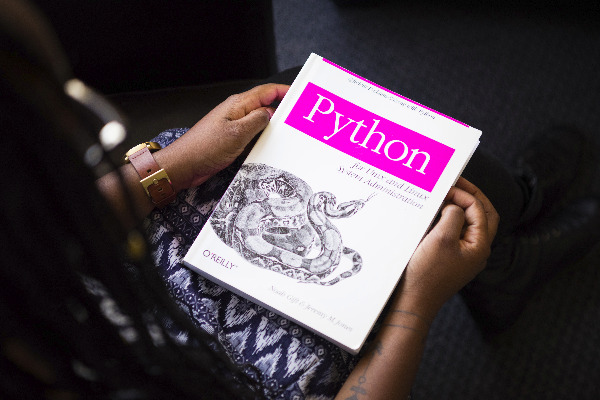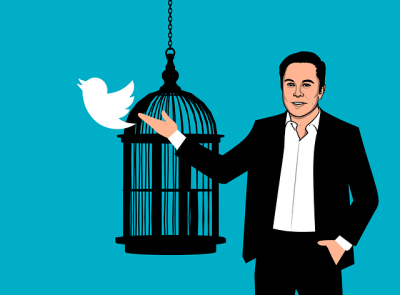Machine Learning MOOC Updated

Andrew Ng's Machine Learning course on Coursera has been revamped and updated and it is getting good student ratings.
There are fewer online courses that I consider to be true MOOCs now. Massive is small. Open is more closed. But the "OC" portion remains for many. The three courses that make up the Machine Learning Specialization offered by DeepLearning.AI and Stanford on the Coursera platform still fit the MOOC definition more closely.
You can earn a certificate at the end, and enjoy the full experiences including quizzes and assignments if you enroll and pay a monthly subscription but the courses are free (Open) to audit and view the course materials. The Massive in this course is massive with over 20,000 students enrolled.
Andrew Ng is the co-founder of Coursera and was the founding lead of Google’s Brain Project, and served as Chief Scientist at Baidu. He then did two artificial intelligence startups - Deeplearning.ai (a training company founded in 2017) and Landing.ai (for transforming enterprises with AI). He remains an adjunct professor at Stanford University. His course on Machine Learning was one of the very first courses from Coursera when it first launched in 2012. I audited the course that year though I knew the content was way above my abilitiees but I was curious as to the structure of the course from a design perspective.
At that time, Machine Learning was a new concept and was close to applied statistics. Ng goes way back because his Stanford lectures were on YouTube in 2008 and got 200,000 views. Then, he converted them to an online format in Fall 2011 and they were offered for free. He had 104,000 students and 13,000 of them gained certificates.
On the tech side, this updated version:
uses Python rather than Octave
expanded list of topics including modern deep learning algorithms, decision trees, and tools such as TensorFlow
new ungraded code notebooks with sample code and interactive graphs to help you visualize what an algorithm is doing
programming exercises
practical advice section on applying machine learning based on best practices from the last decade

